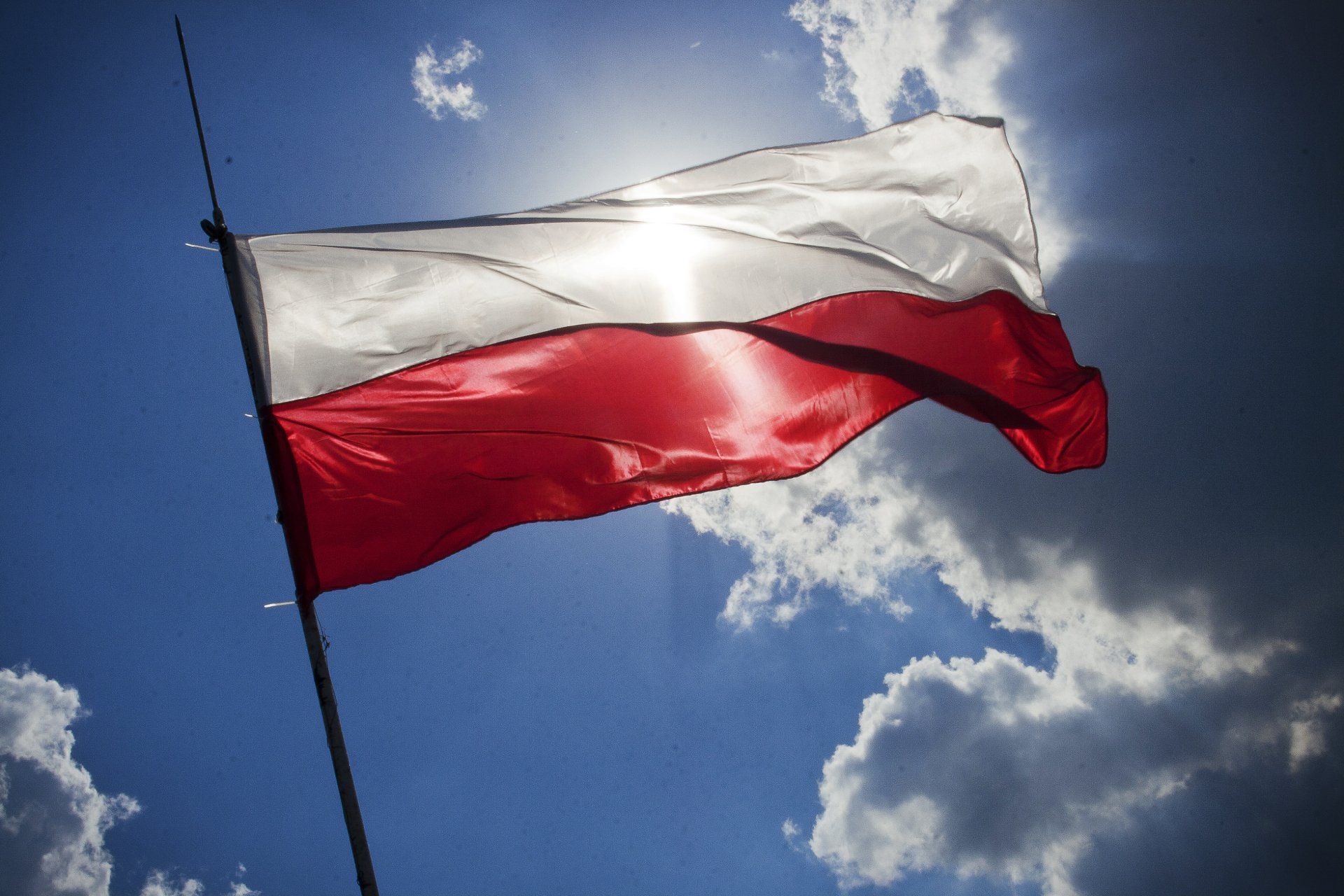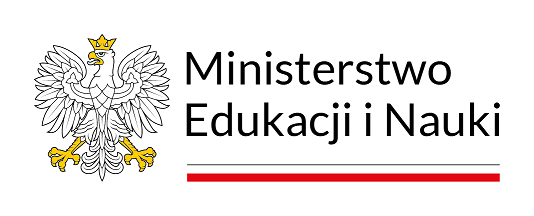Elections
What are elections?
Elections are a widespread phenomenon that is characteristic of the developed world and, at the same time, should be understood as a phenomenon that performs different functions and thus occupies different places in different political systems. The very concept of elections implies a cyclical process of appointing representatives to specific positions or functions by a given group.
Elections can involve different forms of government, and different social groups - from formalised groups like associations or unions to the level of the nation (society), where they serve to appoint representatives to perform functions and positions of state power. Elections are not the only technique that can be used to achieve such a goal; others, such as appointment or establishment by succession¹, also function.
Do elections mean democracy?
The concept of elections is often, in an automatic, not to call it natural, associated with a settlement of a democratic nature. This coincides with the definition of elections as a democratic method of appointing people to a community-specific representative body or to positions of leadership. This definition can be applied both in the context of public authority and in other areas of social life in which direct participation of members of a community in consultation and decision-making is not possible and the responsibilities of participation in authority have been democratically ceded to representatives or to persons holding positions of authority.
Defining elections as a democratic form of (ceding) the establishment of power must, however, be juxtaposed with the reality that elections are common in both democracies and systems that cannot be considered democratic².
Elections devoid of democratic content can be used in various processes of selection and establishment of representatives in non-democratic (authoritarian) political systems. Their understanding, their meaning and the catalogue of functions performed will then be different.
The understanding of elections in the various political systems determines the freedom of action of the political actors, the range of possible options from which the choice is made and the actual freedom to choose from the resulting offer. There is a fundamental difference between a situation in which the voter has a (limited) opportunity to choose candidates of only one political formation and a situation in which the palette of possibilities presented to him is wider and includes various candidates of different political groupings - both hitherto ruling and opposition.
Importance of elections
The importance of elections varies from one political system to another. Unsurprisingly, it is widest and most prominent in democratic systems, but it would be a mistake to conclude that only in these systems do elections have any role. The link between elections and democracy has already been mentioned above - without elections (according to the democratic definition, i.e. without open competition between social forces and political groups in a competition for power) there can be no democracy. In such a system, elections are the only (or, under certain conditions, the most important) source of legitimisation of political leadership and political power. In democracies, legitimacy through elections is twofold - firstly in relation to the political actors who, as a result of specific elections, gain the right to exercise power; secondly, elections are a source of legitimacy for the entire political system both on a formal level - by legitimising the way in which power is exercised - and in terms of the public consciousness relating to the actions of political systems.
This is different in authoritarian systems, including consolidated authoritarianisms. The latter, called totalitarianisms, do not use elections to legitimise power. The legitimisation of power and of the political system is derived in other ways, such as relying on the historical mission of the working class in the totalitarian system of the USSR. In these political systems, elections, being under the total control of the centre of power, are a tool (instrument) of rule, not its basis. By contrast, in authoritarian systems using semirationalist elections, they legitimise existing power relations and provide the basis for their continuation. The system does not allow for the possibility of a change of power, however, there is the possibility of articulating the collective interests of the opposition to a limited extent. The outcome of the vote is not precisely determined, leaving the possibility for it to be shaped (e.g. by the level of turnout or the amount of support for those in power), which can have implications for political power.
Function of elections in democracies
The mosaic of functions that elections can perform involves this multiplicity and variety of occurrence in systems of different nature. In practice, the set of functions performed by elections in democratic systems depends on three groups of factors:
- The existing sociopolitical divisions and conflict resolution mechanisms in society, the presence of classes, social strata, distinct ethnic and religious groups, interest groups (including organised and unorganised), and the relations between them, the nature and depth of social antagonisms.
- The structure of the political system and, in particular, the regime (presidentialism, semi-presidentialism, parliamentary-cabinet rule, committee rule, etc.), the nature of the unitary or composite state, the mechanisms in operation for resolving conflicts between parliamentary factions or between other institutionalised actors (e.g. between the constituent parts of a federal state).
- The structure of the party system and the degree of development of both the system and individual political parties, including the number of parties in the system and patterns of interaction.
The catalogue of functions that elections can fulfil in a democratic system is not clearly established, and should furthermore be regarded as variable with the development of modern social relations³. We can include:
- Legitimisation of the political system and the faction (party or coalition) in power.
- Transfer of public trust to individuals and parties (factions).
- Recruitment of political elites, including regional or sub-regional elites.
- Articulation of the views and beliefs of the electorate (and more broadly of those eligible to vote who do not consciously exercise their right to vote).
- Social mobilisation.
- Increased awareness of social problems and challenges facing the state and society in the population.
- Controlling, directing and mitigating social conflicts.
- Formation of community political will.
- Realising the struggle for political power and moving it to the programmatic level.
- Forming the government (as well as other institutions - e.g. the executive bodies of local authorities) or enabling its formation by shaping the composition of the collegiate body (where no grouping has an independent majority, the government is formed as a result of inter-party arrangements, in which, however, the potential of the individual actors depends on the outcome of the elections).
- Forming a parliamentary majority and an opposition (and analogous institutions e.g. at local government level).
- Enabling a change of power.
Function of elections in non-democracies
The set of possible functions of elections held in totalitarian systems, for obvious reasons, is limited. These elections cannot perform functions that require the existence of different electoral offerings alternative to each other and the possibility of making an unfettered choice from among the various proposals. Elections are then to be understood as an instrument of power for its stabilisation. They are used to mobilise the public, or to communicate to the public the objectives of state policy and the means of achieving them.
In authoritarian systems, semirational elections may have a broader catalogue of functions, although they are similarly focused on stabilising the system. In addition, they may perform functions of:
- Partial or full legitimisation of existing power relations.
- The articulation of collective (including opposition) interests.
- Improving the perception of the state in the international arena, especially by elites and societies of democratic states and international organisations based on or referring to democratic values.
- Enabling changes, including personnel changes, in power structures.
- Disclosing (under certain conditions also disintegrating) the opposition.
The information presented in the table makes it possible to note the distance between the meaning and functions of elections in the different political systems. If the catalogue of functions performed by elections in democracies is taken as a reference point, elections in authoritarian systems may (but need not) fulfil - at least in part - most of them. The exception is the settlement of the exercise of power through elections, which is specific only to democratic systems. The role of elections in consolidated authoritarianisms is different - they do not (and cannot) fulfil the vast majority of the functions considered. The exception is the raising of citizens' awareness, which is a function fulfilled by elections in all systems, but it is heterogeneous in nature.
Maciej Onasz, based on Onasz Maciej, Inżynieria wyborcza w Polsce od roku 1989, Łódź 2017.
¹ Wybory, [in:] A. Sokala, B. Michalak, P. Uziębło, Leksykon prawa wyborczego i referendalnego oraz systemów wyborczych, Warszawa 2013, pp. 271-272.
² As recently as 2000, parliamentary elections were not held in only 24 countries, but this does not allow the conclusion that all the others were democracies; A. Antoszewski, R. Herbut, Systemy polityczne współczesnego świata, Gdańsk 2004, pp. 208.
³ D. Nohlen, Prawo wyborcze i system partyjny: o teorii systemów wyborczych, Warszawa 2004. pg. 31. Compare with: K. Skotnicki, Wpływ funkcji wyborów na prawo wyborcze i system wyborczy. Zarys problematyki, „Przegląd Sejmowy”, nr 2(79), Warszawa 2007, pp. 11-28.






